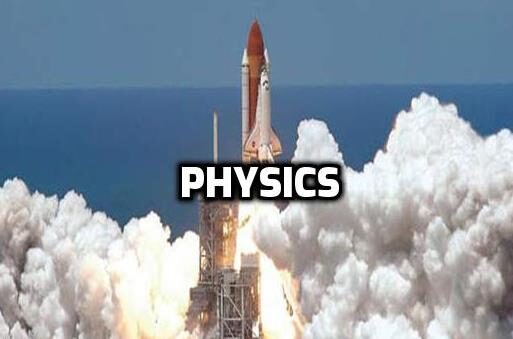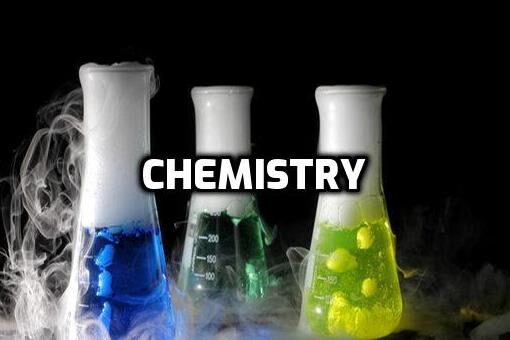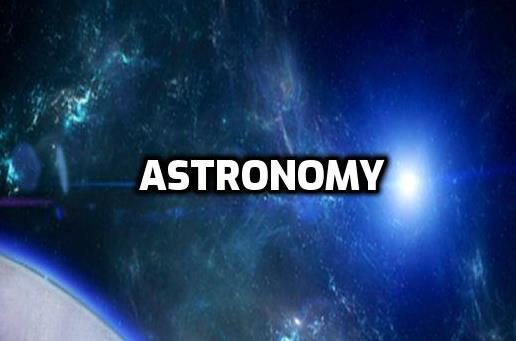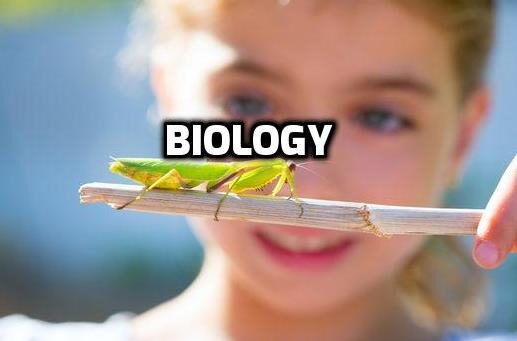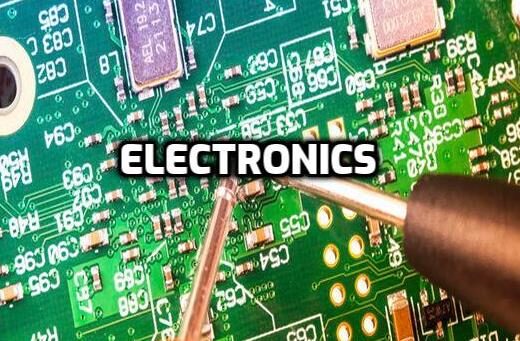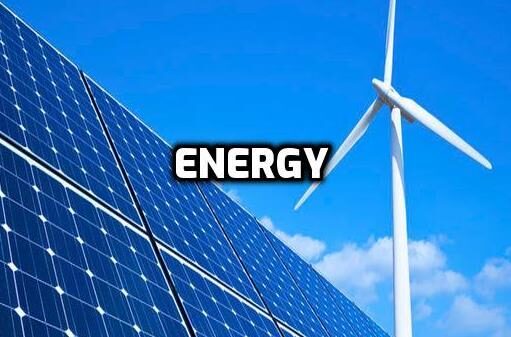High School Science
Happy news! We are expanding the High School level section of e-Science, which is also appropriate for advanced 5-8th graders.
We’re adding advanced hands-on lab worksheets to many of the experiments so that they are appropriate for advanced kids. The really cool part about these new lab worksheets is that they are real life examples of what you’ll find in college and in the engineering and scientific fields, so you’ll be getting your feet wet and doing the real thing as you work through these. You’ll find data tables to record your results, charts and graphs to plot out, exercises with math calculations, and more.
The video here outlines what science your high school topics should cover and in which order and why.
PLEASE NOTE: Students must have completed up through Algebra 2 in order to do Physics first. (If that's not you, then please start with Chemistry or Biology first.)
Chemistry & Chemical Reactivity Atomic and Molecular Structure, Chemical Bonds, Thermochemistry, Reaction Rates, Equilibrium and more! (Click here for Apologia AP Chemistry or here for Apologia Chemistry)
Intro to Astronomy & Astrophysics
College-Level Astronomy Course for High Schoolers that includes studies in Planetary Astronomy, Solar Astronomy, Deep Space Astronomy, Special Relativity, and Particle Physics
Biology Overview Course
Our biology course is built on hands-on experiments and observation-based learning; while it covers major topics like cells, botany, dissections, and anatomy, it does not include evolution, so it’s not intended to be a full, traditional high school biology course. (Click here for Apologia Biology & Advanced Biology.)
Electronics
Electrical Components, Wiring up Circuits, and a complete Electronics Course for students of all ages. (Electronics: Unit 25, Coding: Units 28 & 29)

